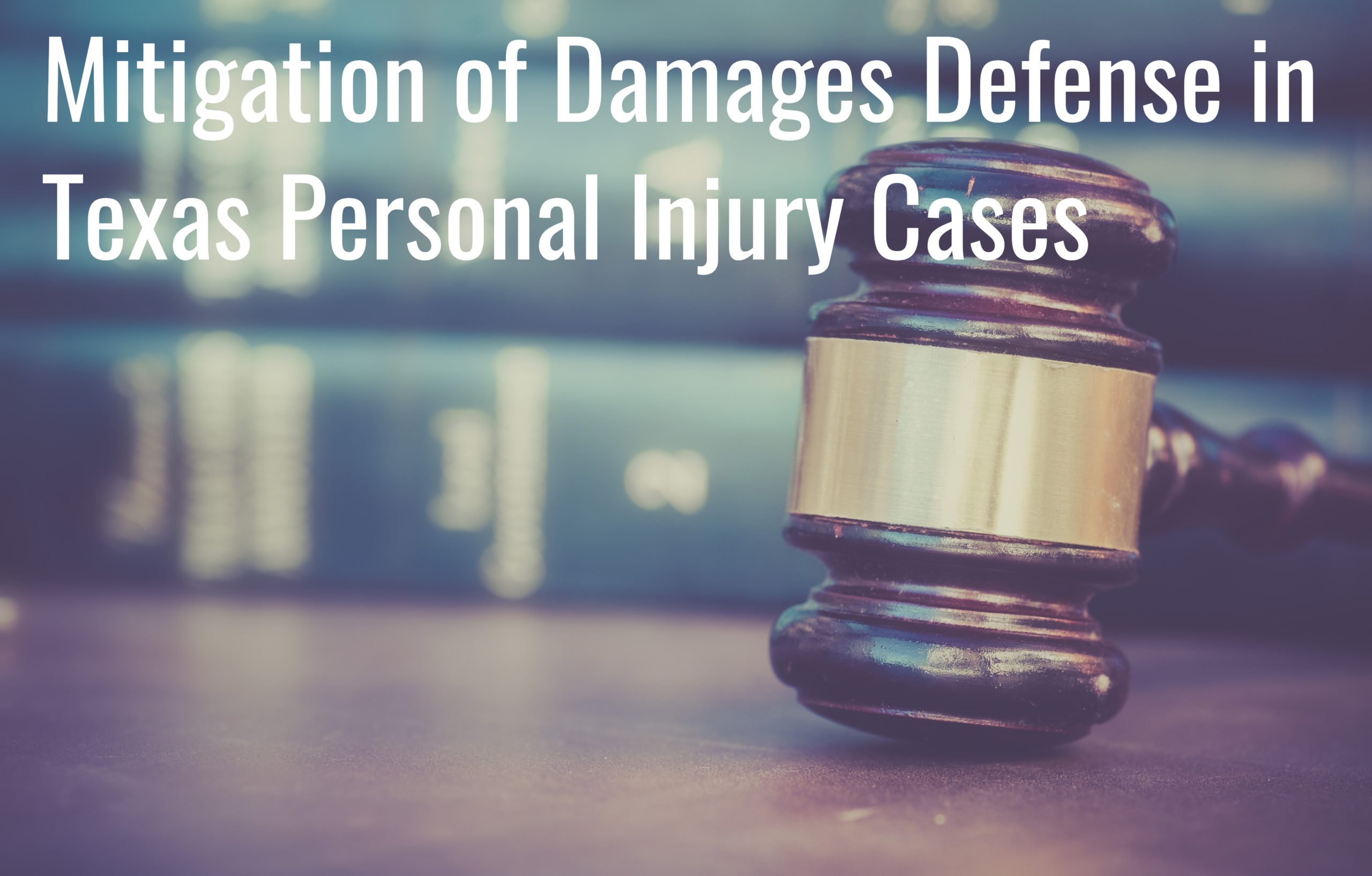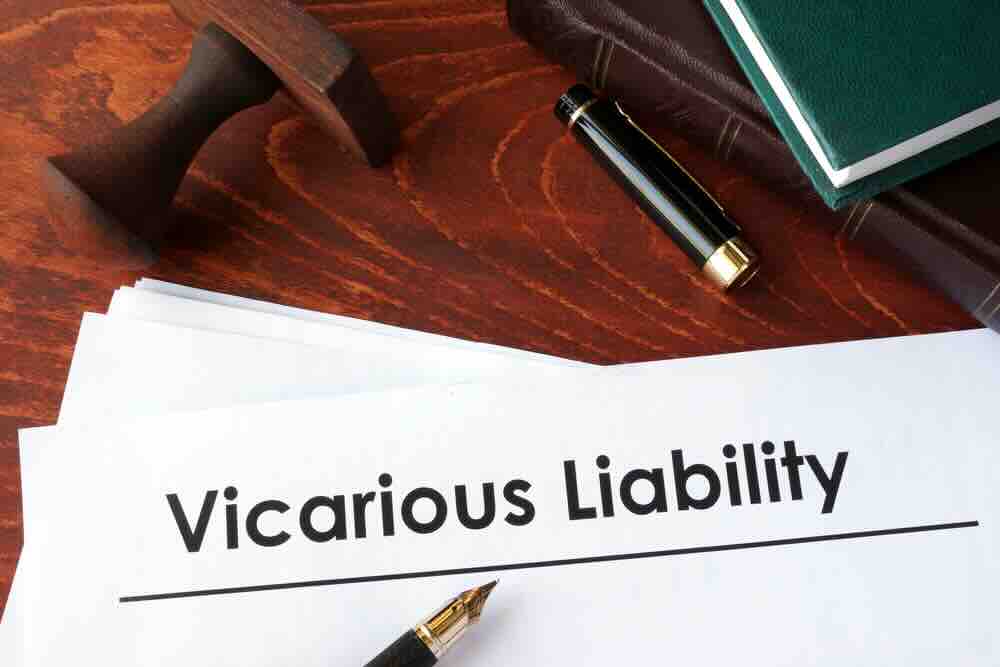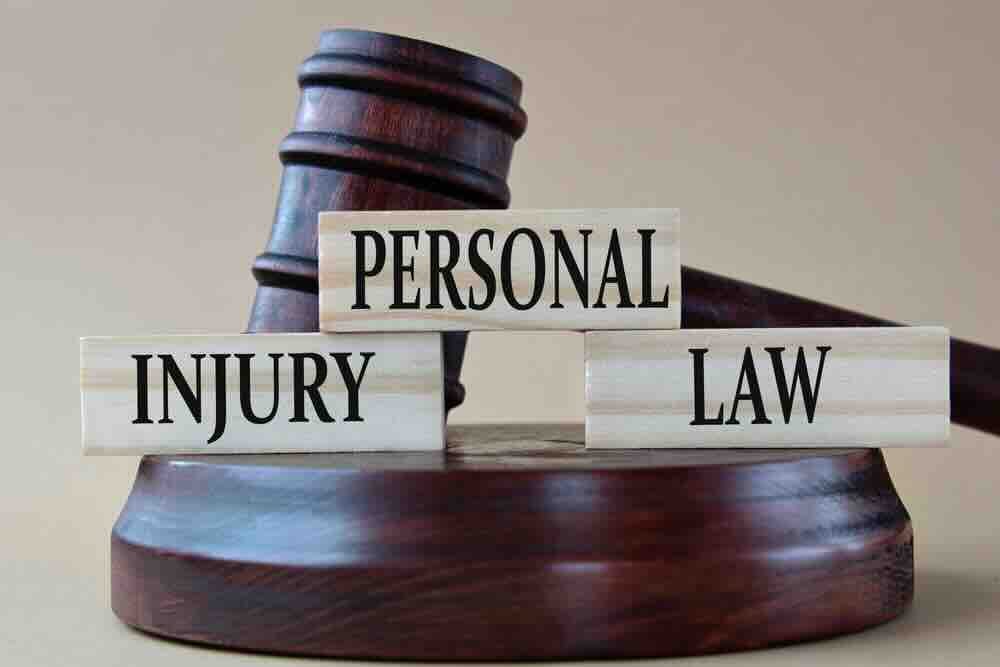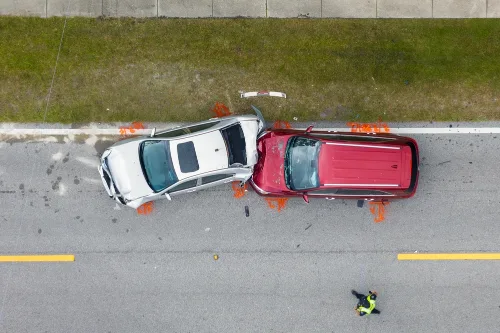What are Mitigating Damages?
Mitigating damages means minimizing your damages, a concept the law recognizes in certain circumstances. For personal injury victims in Texas, understanding how to minimize damages is crucial. This means taking steps to prevent things from getting worse. A crucial step is to receive the necessary medical treatment before your condition worsens. In the context of Texas personal injury law, mitigation of damages is a key aspect to consider in Texas personal injury cases.
Defendants can argue that a person did not “mitigate damages.” This means they claim the injured person did not take reasonable steps to prevent their injuries from worsening. The defendant seeks to avoid paying those “additional” damages.
In short, an insurance defense lawyer seeks to limit damages by saying the client did not adequately address their injuries.
This concept is crucial in mitigating damages in Texas Personal Injury Cases, as it can significantly impact the amount of compensation a victim can receive.
What is the Law in Texas about Mitigation of Damages?
Generally, the mitigation of damages law is outlined in the Texas Civil Practice & Remedies Code – Section 147.123 b, which states:
“The court shall instruct the finder of fact regarding a claimant’s duty to mitigate or avoid damages in a manner appropriate to the action”…
The finder of fact is generally the jury selected for the case, but it can also be the judge in a bench trial.
In other words, the people deciding the case will determine whether the defendants did enough to mitigate damages.
The law requires a defendant to act reasonably. The victim should also be reasonable when handling their injuries and damages.
Mitigation of Damages is an Affirmative Defense
Mitigation of damages is not automatic but an “affirmative” defense, which the defendant must plead. If a defendant does not raise the defense, it is waived.
In effect, a personal injury victim is charged with the responsibility of reasonable care to minimize damages if they can be done with a slight expense and reasonable effort, Cotten v. Weatherford Bancshares, Inc., 187 S.W.3d 687 708 (Tex. App.-Fort Worth 2006, pet. denied).
When Does Failure to Mitigate Apply?
The damages can be mitigated when a plaintiff could have relatively easily obtained medical treatment but failed to do so.
This could include where you were injured in a car accident. And your doctor’s prescribed treatment. Still, the victim chose not to get that care, and the condition deteriorated, requiring additional medical care, which was not previously necessary. Another example would be a person hurt in a construction accident, but did not seek medical help until after the injury worsened.
The duty to mitigate is an affirmative defense that the defendant must prove once they have pleaded it. In other words, the burden of proof or such a defense rests with the defendant. With multiple defendant cases, one of the defense attorneys will likely raise this defense.
Lost Wages may be subject to a Mitigation of Damages Defense.
In the personal injury context, if a person loses their job due to injuries sustained in an accident, they may need to seek alternative employment to mitigate their damages.
Defense lawyers frequently plead failure to mitigate damages when someone claims lost wages due to job loss but fails to seek alternative employment.
Another example is when someone’s car breaks down and they are unable to get to work. Mitigating damages would require the person to find alternative transportation to and from work.
Most Mitigation of Damage Claims Center Around Medical Care
If a personal injury victim was hurt in an accident that was not their fault, they should be able to collect full damages. If a defense attorney can prove that the injured person failed to take proper care of their injuries, the amount of damages may be reduced. Another example of not reducing damages occurs when a personal injury claimant fails to receive timely follow-up care. This can make the injury worse. Wondering how much a personal injury case is worth? Talk with an experienced attorney.
Failing to mitigate damages does not impact punitive damage cases, except possibly for applying the statutory damage caps.
Speak with a Leading Houston Personal Injury Attorney at Baumgartner Law Firm
The personal injury attorneys at Baumgartner Law Firm in Houston have helped victims of injury accidents for over three decades. Call us for a free consultation on your case.
If you have questions about mitigating damages in Texas or a personal injury case in Houston, call us to speak with one of Texas’s best personal injury lawyers.
Baumgartner Law Firm
6711 Cypress Creek Pkwy
Houston, TX, 77069
(281) 587-1111
Related Resources:
- Common Defenses Used by Trucking Companies in Accident Lawsuits
- What is a Defendant in a Personal Houston Injury Case?
- Dealing With a Car Accident in Texas Where You’re at Fault
- What Happens When There Are Multiple Defendants in a Personal Injury Case in Texas?
- Back Injury After an Auto Accident: Legal Tips and Resources
Visit Our Law Firm in Houston













